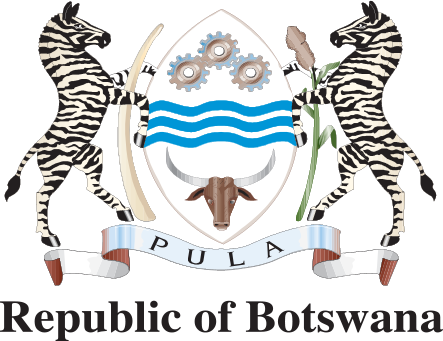Division of Property
The traditional or customary courts execute division of property, inclusive of matrimonial property.
In the case of marriages, this happens once the divorce has been finalised or the marriage has been dissolved (decree nisi). In the case of non-customary marriages, its involvement would be based on referral from the High Court.
Please note that the division of property could be amongst any property owners, not just married ones.
Any Botswana citizen can access this service.
Anyone interested in accessing this service must follow the steps outlined below:
- Take the complaint or court order, where applicable, to the clerk of appointed customary court with the supporting documents.
- In the absence of a court order, the complaint must be as specific as possible, orally done, giving full details of the defendants including names, addresses, and phone numbers.
- Clerk sets date and issues summons for appearance by all parties. Appearance could be at the court or other appointed venue.
- At the appointed date and time, the property would be divided and a ruling would be handed down. The Service Document would be returned to the higher court (High Court or Customary Court of Appeal).
Applicants must submit:
- An order of the High Court (not needed for persons in customary marriages).
- Valid National Identification (Omang).
- List of property (in the case of marriages, each party must have list. In all other cases, just the aggrieved party needs a property list).
This varies by case, and in the case of high court referrals, is dependent on the High Court order.
No cost.
Property division, assets division, assets separation, marriage, divorce, customary marriage,
